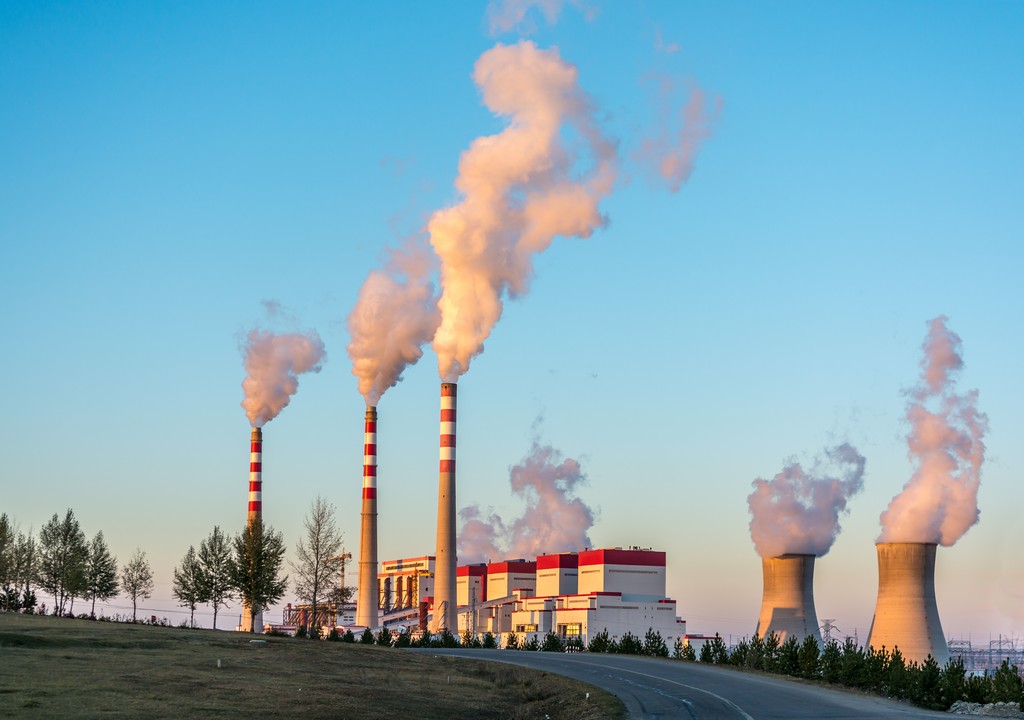What’s next for the natural gas sector?
- November 19, 2019
- 0

Investors and leaders from around the world have been talking about the Philippines’ significant growth in the oil and natural gas industry for years. The Department of Energy (DOE) revealed that the country has produced 83,026 million standard cubic feet (MMcf) of natural gas for the first half of 2019. One report revealed that the country improved by a solid 6.2 percent in the previous year despite struggles in inflation and interest rates and depreciating peso.
It is believed that natural gas is an ideal energy alternative that can sustain the energy needs, the development needs, and the sustainability campaigns of the country as it provides cleaner and cheaper power.
According to the report, the Philippines has plenty of reasons to minimize its dependency on coal and start to gradually shift to natural gas. The rapid decline and the technological advances in renewable energy, liquefied natural gas (LNG), and energy efficiency and storage are opening doors for the implementation and utilization of a better energy-generation alternative in the country.
The First Gen Corporation, for instance, has secured its name in the industry after the establishment of various renewable energy plants like those natural gas plants situated in Batangas, and the Malampaya Gas Project, being the source of the gas plants in the country, has been an asset not only for supplying for the country’s energy needs but also for generating billions of revenues for the government.
However, reports stated that the Malampaya gas field is slated to end by 2024. The next best thing that was suggested to be used is the LNG.
Earlier this year, the First Gen Corporation revealed their plan to build a new 1,200 megawatt (MW) gas-fired power plant along with a $1-B LNG terminal that aims to provide a continuous fuel supply for the power plants that rely on the Malampaya gas field. It was also reported that the local government of Sulu partnered with the Energy World International Limited to plan the construction of an LNG refinery plant in Lugus that aims to utilize the oil and gas reserves of the Sulu Sea to supply clean and affordable energy to the people. The international LNG company, Excelerate Energy, was reported to have recently received the greenlight from the government to push through with its proposed LNG import terminal.
In this day and age, the government is advised to reassess the energy mix of the country. The goal is to have a more balanced energy mix — one that does not only address the energy demands of the people but also takes into account the capacity of the global supply chain. The country is believed to be still underway from achieving this balanced mix, but the gradual but substantial changes brings it closer to the sustainable energy future it desires.